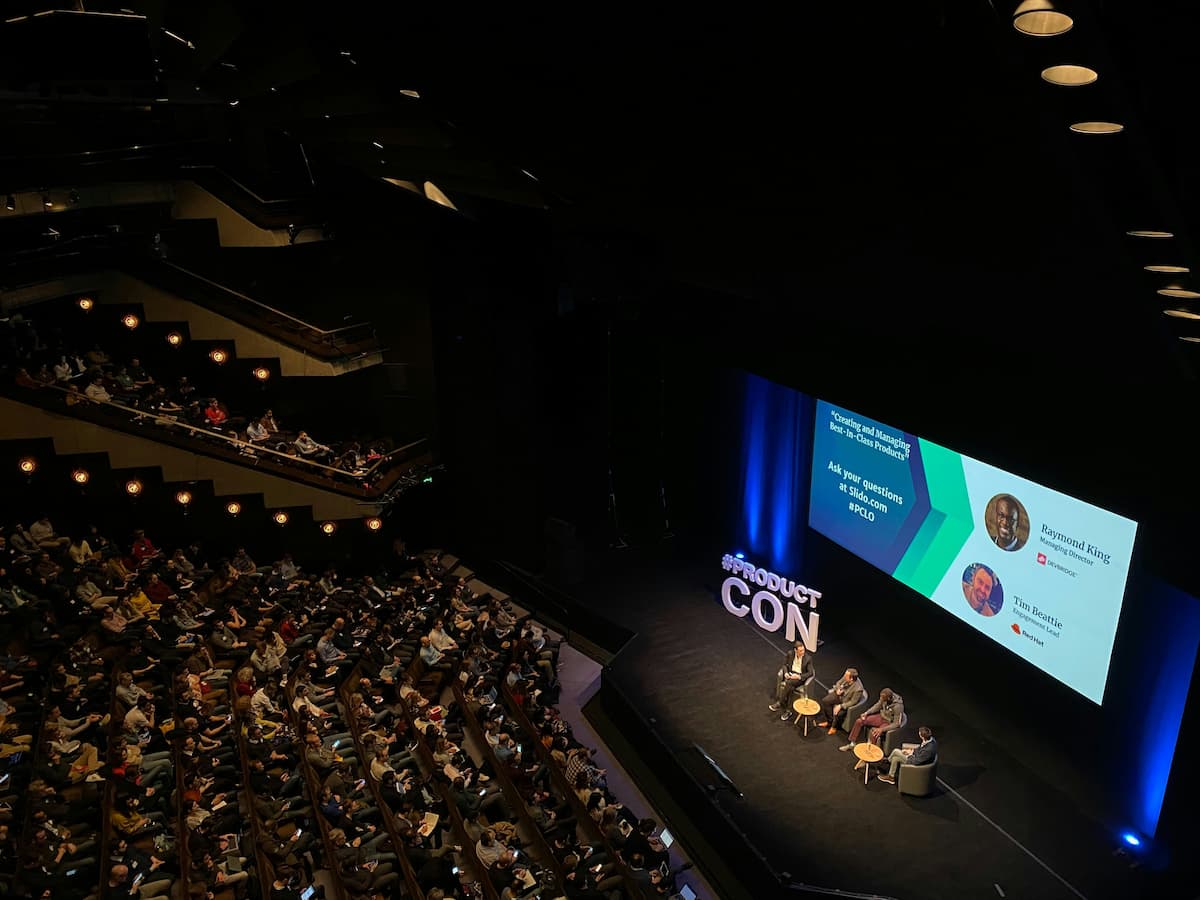Organizing a business event involves careful planning and a lot of attention to detail. Whether you’re setting up a conference, seminar, product launch, or networking event, the success of your event depends on understanding your audience, setting clear goals, managing logistics, and ensuring everything runs smoothly.
Why are Business Events Important?
Business events are crucial for creating networking opportunities, sharing knowledge, and showcasing new ideas. They provide a platform for professionals to discuss trends, form partnerships, and drive industry progress. Because organizing these events requires significant time, resources, and money, it’s important to minimize mistakes. Organizers need to blend practicality with creativity, making sure every detail supports the event’s business goals.
A well-planned business event can boost your company’s reputation, help build valuable connections, and deliver a good return on investment. To achieve this, you need to consider several key elements, from budgeting and choosing the right venue to marketing and engaging your audience.
This guide covers the essential steps and best practices for planning a successful business event, providing insights and tips to help you manage the process with confidence and precision.
Here are some insights on how to plan a business event that stands out and achieves its objectives.
Define Your Objectives
Start with clear, measurable goals. For business events, these objectives might include generating leads, launching a new product, fostering partnerships, or building brand awareness. Defining your objectives will guide every subsequent decision and help you measure the event’s success.
Key Points:
- Identify your target audience, such as industry professionals, potential clients, or partners.
- Establish what you want attendees to take away from the event, like knowledge on new industry trends or information about your products and services.
- Set specific, measurable outcomes, such as the number of business cards exchanged, deals closed, or follow-up meetings scheduled.
Create a Detailed Budget
Budgeting is a critical aspect of event planning. For corporate events, consider additional factors such as corporate branding, premium venues, and high-quality catering.
Budgeting Tips:
- List all potential expenses, including venue, catering, marketing, speaker fees, and technology.
- Allocate a contingency fund for unforeseen expenses, particularly for technical failures or last-minute changes.
- Use event management software to track and manage your budget, ensuring real-time updates and control.

Choose the Right Venue
The venue sets the tone for your event. For business events, it should be a professional environment that reflects your brand’s image and accommodates the specific needs of corporate gatherings.
Venue Considerations:
- Location: Ensure it’s convenient for your attendees, considering proximity to airports, hotels, and public transportation.
- Capacity: It should comfortably accommodate your expected turnout, with flexible spaces for breakout sessions.
- Facilities: Check for necessary amenities like advanced AV equipment, reliable Wi-Fi, comfortable seating arrangements, and catering options that suit a corporate audience.
Develop a Timeline
A timeline is your event’s roadmap. For business events, timing is crucial to align with other industry events, product launches, and fiscal calendars.
Creating a Timeline:
- Work backward from the event date, considering key corporate milestones and holidays.
- Break down tasks into weekly or monthly segments, detailing specific business-related tasks such as sponsor acquisition and speaker confirmation.
- Assign deadlines and responsible parties for each task, ensuring all departments involved are coordinated.
Promote Your Event
Marketing is crucial to attracting the right audience. Utilize professional channels to maximize reach and engagement for your corporate event.
Marketing Strategies:
- Social Media: Use professional platforms like LinkedIn and Twitter to reach your audience with targeted posts and ads.
- Email Marketing: Send regular updates and reminders to your contact list, with personalized invitations for VIP clients.
- Partnerships: Collaborate with industry influencers, associations, and sponsors to expand your reach and enhance credibility.

Leverage Technology
Incorporating the right technology can streamline planning and enhance the attendee experience, particularly for corporate events that may involve complex presentations and networking opportunities.
Technological Tools:
- Event Management Software: Tools like Platinumlist can simplify ticketing, registration, and attendee tracking, offering corporate packages with advanced features.
- Mobile Apps: Develop an event app to provide real-time updates, and schedules, and facilitate networking with features like attendee profiles and messaging.
- Virtual Platforms: If hosting a hybrid or virtual event, ensure you have a reliable platform for streaming and interaction, with professional-grade capabilities for presentations and virtual booths.
Plan for Engagement
An engaging event keeps attendees interested and ensures they derive value from their participation, which is crucial for business events focused on learning and networking.
Engagement Tactics:
- Interactive Sessions: Include Q&A sessions, panel discussions, and workshops led by industry experts to facilitate knowledge exchange.
- Networking Opportunities: Plan dedicated times and spaces for networking, such as coffee breaks, luncheons, and evening receptions, both online and offline.
- Gamification: Introduce games or challenges relevant to your business theme to keep the energy high and foster team-building.
Prepare for Contingencies
Despite meticulous planning, things can go wrong. Be prepared with a contingency plan for potential issues, especially those specific to business events.
Contingency Planning:
- Identify potential risks like technical failures during presentations or key speakers canceling at the last minute.
- Have backup suppliers and vendors, including AV technicians and alternate speakers.
- Prepare an on-site emergency response plan, including first aid, security protocols, and crisis communication strategies.
Monitor and Evaluate
Post-event evaluation is essential to understand what worked and what didn’t. For business events, this feedback can drive future improvements and demonstrate ROI to stakeholders.
Evaluation Methods:
- Surveys: Collect feedback from attendees, speakers, and sponsors on the quality of sessions, networking opportunities, and overall experience.
- Analytics: Analyze data from your event management software on attendance, engagement, lead generation, and ROI.
- Debrief: Hold a debriefing session with your team to discuss insights and lessons learned, focusing on business outcomes and strategic improvements.
Planning a successful business event requires a blend of strategic planning, creative thinking, and meticulous execution. By following these steps, you can ensure your event not only meets but exceeds expectations, leaving a lasting impression on your attendees.
At Platinumlist, we provide the tools and support you need to streamline the process and create unforgettable business events. Want to learn more? Get in touch with us now!

